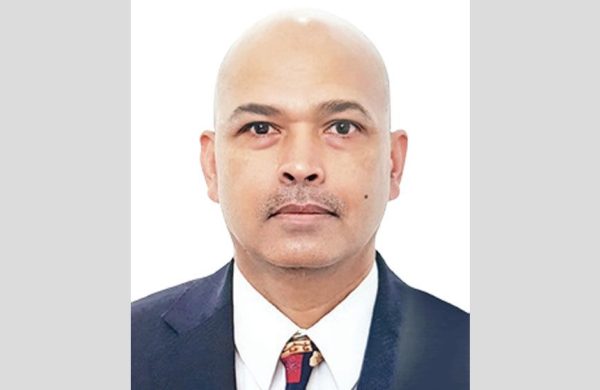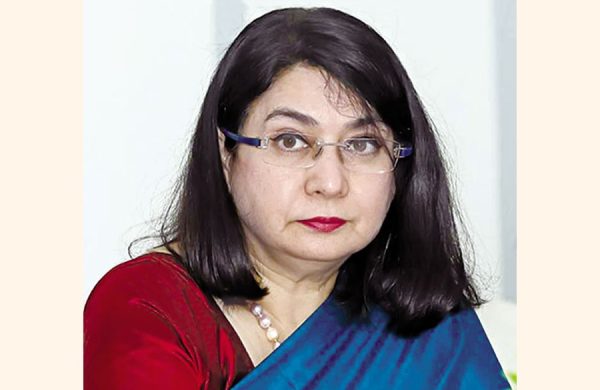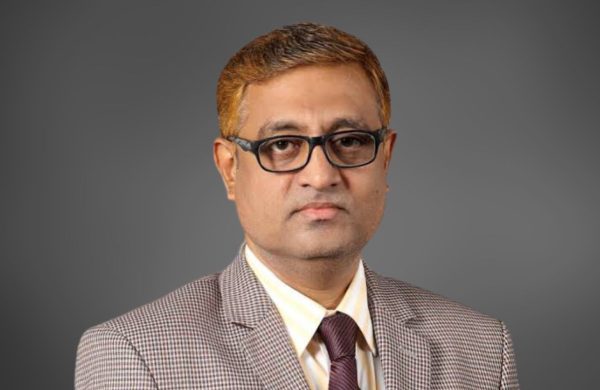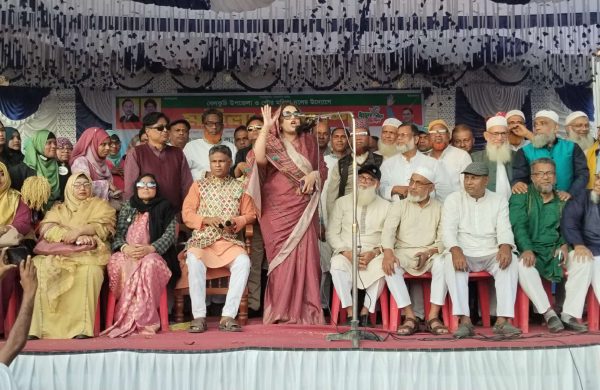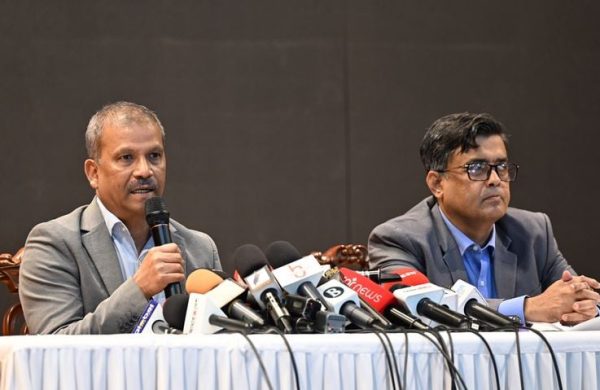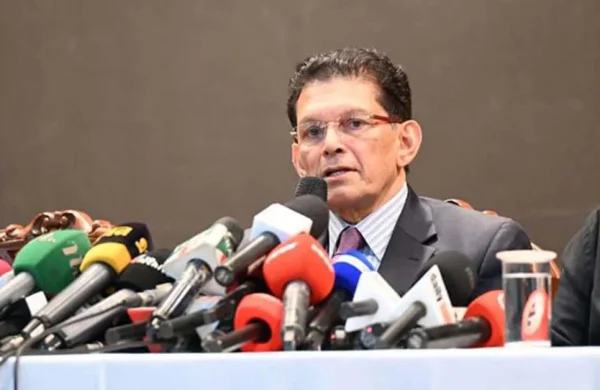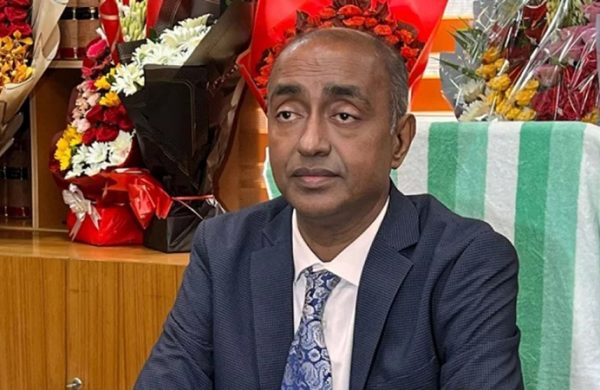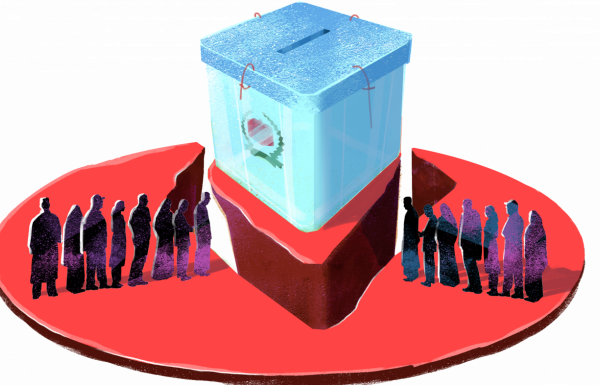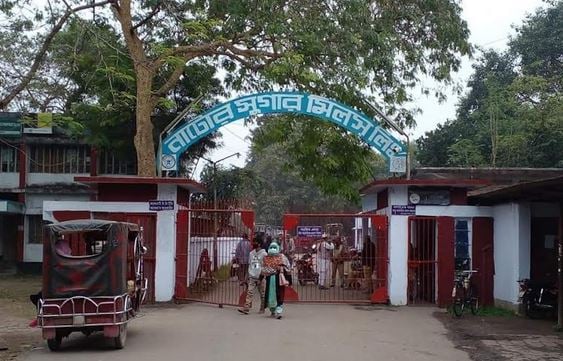Expectations from interim government
- Update Time : Monday, August 12, 2024

–Dr Mohd Mizanur Rahman–
Bangladesh stands on the brink of a transformative era as a new interim government takes the reins. The change, catalyzed by a mass uprising led by students, signals a shift away from the old guard and towards a future marked by hope and reform. However, the success of this new government hinges on its ability to tackle corruption, particularly in government employment-a root cause that has long plagued the nation’s development.
The dramatic ousting of Sheikh Hasina’s Awami League-led administration in response to widespread dissatisfaction culminated in the formation of a 17-member interim government. Nobel laureate Professor Dr. Muhammad Yunus, a globally recognized economist, was sworn in as the Chief Adviser, with the aim of restoring law and order and rebuilding the nation.
The significance of this change cannot be overstated, as it marks a pivotal moment in Bangladesh’s history-a moment that could potentially usher in what Yunus has described as “Bangladesh’s second independence.”
The interim government, established by the military in the wake of mass protests, is composed of a diverse group of advisers. This includes figures such as Dr. Salehuddin Ahmed, former governor of Bangladesh Bank; Brigadier General (retired) M. Sakhawat Hossain; and student leaders who were key organizers in the Students Against Discrimination Movement.
Their collective expertise and commitment to change provide a solid foundation for the government’s mission to steer the country towards a brighter future.
One of the most pressing challenges the new interim government faces is corruption, particularly in government employment.
Corruption in this sector has been a persistent issue, creating a cascade of negative effects across all levels of governance and public service. Government employment, often seen as a secure and prestigious career path, has been marred by allegations of bribery, nepotism, and favoritism. These practices not only undermine the integrity of public institutions but also erode public trust.
The new government must prioritize the eradication of corruption within its ranks. This is not merely a matter of policy but a moral imperative. By addressing corruption in government employment, the interim government can set a precedent for other sectors, demonstrating that accountability and transparency are non-negotiable. This approach could have a ripple effect, reducing corruption in other areas such as law enforcement, education, and healthcare.
Restoring law and order is another critical task for the interim government. The recent unrest, which resulted in significant loss of life, highlighted the urgent need for stability. Yunus has emphasized that without law and order, no progress can be made. His call for citizens to guard each other, particularly minorities who have been targeted in the past, reflects a commitment to inclusivity and justice.
While the initial steps taken by the interim government are promising, maintaining momentum will be crucial. The challenges ahead are formidable, and the government must be vigilant in its efforts to prevent backsliding into old habits.
The interim government’s focus on law and order is not only about preventing violence but also about creating an environment where the rule of law is respected. This includes reforming the police force to ensure that it serves the people rather than oppresses them. By fostering a culture of accountability within law enforcement, the government can begin to rebuild public confidence in these institutions.
The vision for a new Bangladesh is one that prioritizes unity, justice, and development. Yunus has articulated a clear plan for the future, one that involves bringing together all segments of society to work towards common goals. This includes not only addressing the immediate challenges of law and order and corruption but also laying the groundwork for long-term prosperity.
The interim government’s commitment to creating a “beautiful democratic process” is central to this vision. The dissolution of parliament, a key demand of the student protestors, paves the way for a new political landscape-one that is more inclusive and representative of the people’s will. Yunus’s leadership, backed by the support of the military and civil society, provides a unique opportunity to reshape Bangladesh’s governance.
While the initial steps taken by the interim government are promising, maintaining momentum will be crucial. The challenges ahead are formidable, and the government must be vigilant in its efforts to prevent backsliding into old habits. This includes not only cracking down on corruption but also ensuring that the benefits of freedom and reform reach all citizens.
Yunus’s call for unity and collective action is particularly important in this regard. The people of Bangladesh must be actively involved in the process of nation-building. This means holding the government accountable, participating in democratic processes, and fostering a culture of integrity and respect for the rule of law.
With the new interim government in place, Bangladesh stands at a crossroads. The potential for positive change is immense, but it will require a concerted effort from both the government and the people to realize this potential. Corruption in government employment must be addressed as a matter of urgency, as it is the key to unlocking broader reforms.
By restoring law and order, promoting transparency, and fostering unity, the interim government can lay the foundation for a new Bangladesh-one that is free from the shadows of the past and ready to embrace a brighter future.
The road ahead will not be easy, but with strong leadership and the support of the people, a new Bangladesh can indeed emerge-a nation that is just, prosperous, and united in its pursuit of a better tomorrow.
The writer is Vision Scientist & Assistant Professor, Management & Science University, Malaysia, and Chief Advisor, Bangladesh Optometric Society


